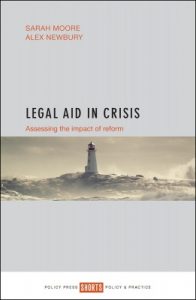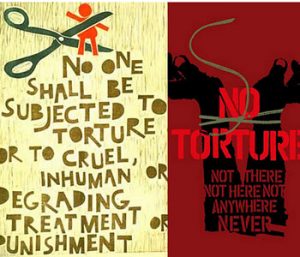by Jani Hannonen, Doctoral Researcher, University of Turku (Finland)
[This blog is part of a series on the pandemic. The introduction to the series can be found here.]
The worldwide Covid-19 pandemic has reformed work culture, with many people suddenly having to work remotely. Not even the criminal justice system has escaped the pandemic unchanged because it has forced countries to arrange court hearings in a remote format or postpone them. In this blog post, I explore whether the increased use of technology in criminal procedure as a result of Covid-19 could be harnessed to combat human trafficking more effectively. I shall elaborate on the issue from the Finnish perspective that I’m personally most familiar with. (more…)










